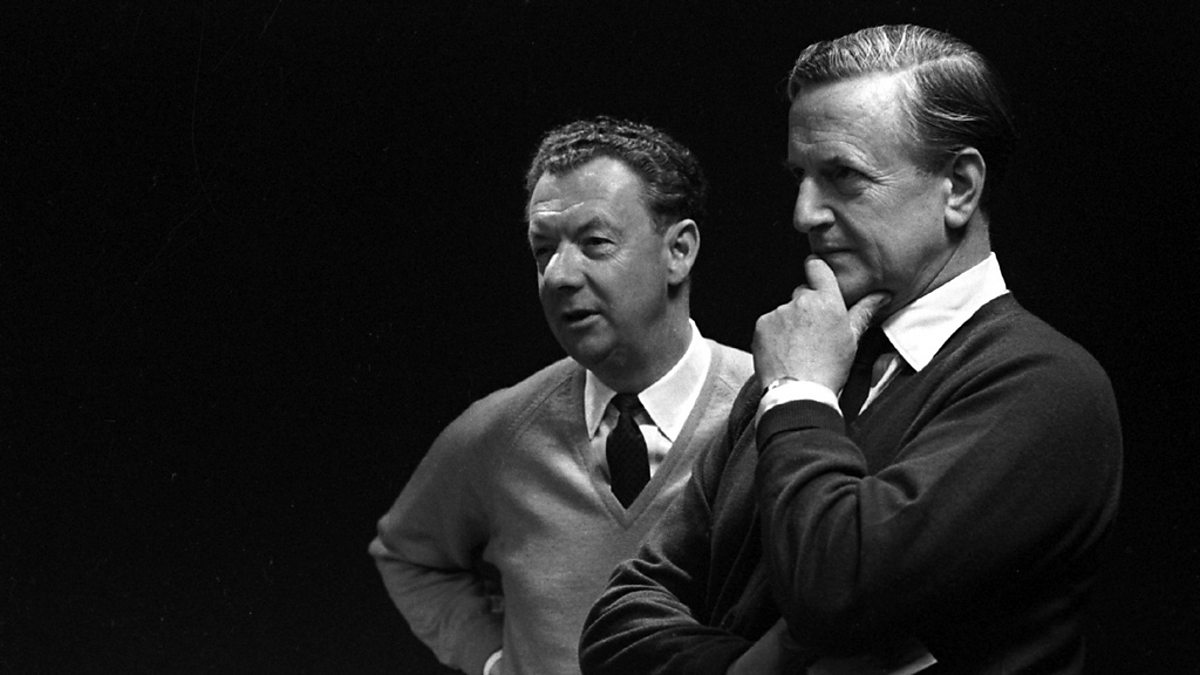Queer Talk : Homosexuality in Britten's Britain, an exhibition running until 28th October 2017, hosted, appropriately, at the Red House in Aldeburgh, where Benjamin Britten and Peter Pears lived together for much of their relationship of nearly 40 years. Fifty years after the decriminalization of homosexuality in this country, it's hard to imagine how pervasive anti-gay attitudes once were, but remember we must, for intolerance is still around, and, in an increasingly bigoted world, growing once again. Even the slightest hint of scandal could destroy a man's career in those benighted days, but Britten and Pears were never intimidated. They weren't the kind of people who'd do parades, but neither did they betray their nature. By being themselves fairly open, they showed the world that gay men were part of society, deserving respect. With quiet courage and integrity they stood up for what they believed.
All his life, Britten opposed bullying. At school, where he was apparently raped, he didn't like the system. He became a pacifist for similar reasons, having observed how nations and political parties can bully each other. Unlike Tippett, who went to prison, Britten helped the anti-Nazi war effort by non-violent means. He was blacklisted in the US, ironically by J Edgar Hoover, who may have been in the closet. Was Hoover a model for John Claggart? Please read my article Britten and the FBI : love match ? here .
Far from being invisible, homosexuality was a sensitive issue, but publicly discussed. The exhibition Queer Talk focuses on two extraordinary works that Britten created against a backdrop of widespread debate on homosexuality: the 1951 all-male opera Billy Budd and the extended solo vocal work Canticle I ‘My beloved is mine and I am his’ (1947) an open declaration of Britten’s love for Pears. Also on display are letters by Alan Turing, manuscripts and edits of EM Forster’s homoerotic novel Maurice and photographs of Noël Coward and his long-term companion Graham Payn.
Please also read my article "A Homosexual Story" : Gerald Finzi on Billy Budd from five years ago. Billy Budd is a whole lot more than a "homosexual story" since it predicates on Captain Vere;'s moral and ethical dilemmas, so beware narrowing the interpretation of the opera. It's not really about Billy but about Vere, who in many ways is Britten himself. Incidentally, Finzi was no homophobe. By the standards of the time, he was an outsider too, being vegetarian, holistic and mystical.
The love letters between Britten and Pears have been public for decades, and in 2016 were collected in a single volume and published in full. Read more here.. Britten was a pack rat who saved everything, and in later years was acutely aware that his life would be scrutinized in great detail. By saving the letters, Britten and Pears were making the statement that their love was not something to hide, but to cherish. A heart warming read for anyone, gay or straight.


No comments:
Post a Comment